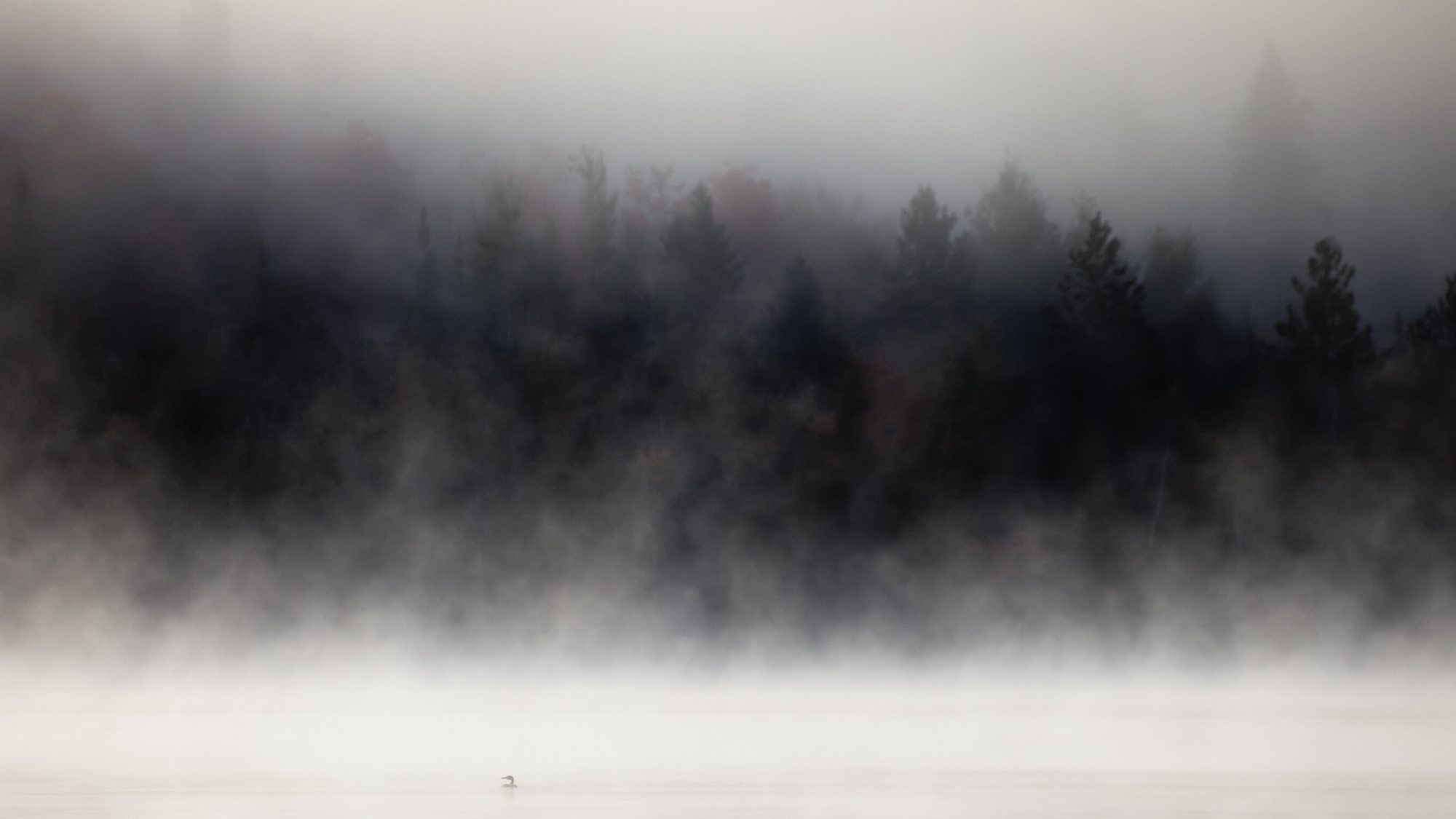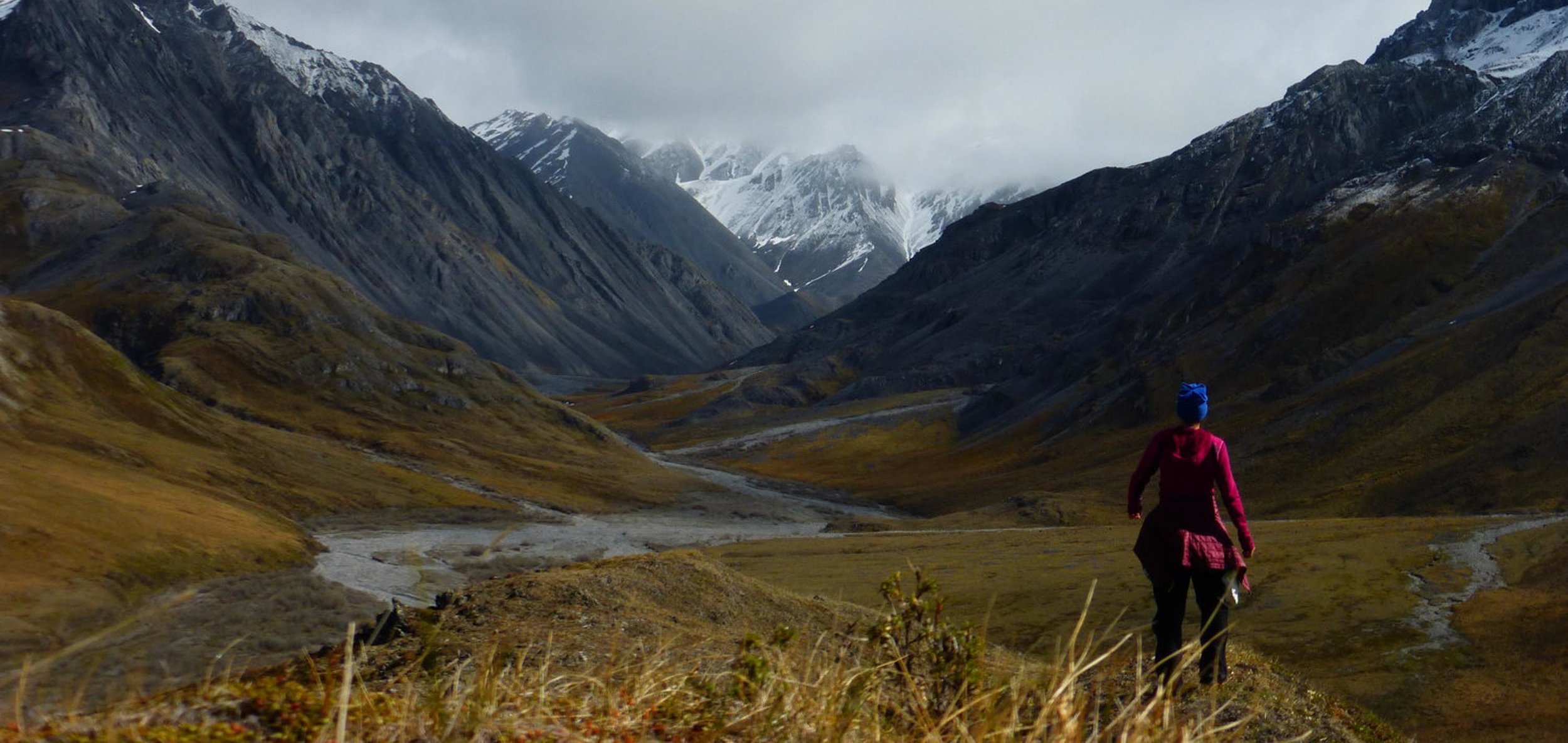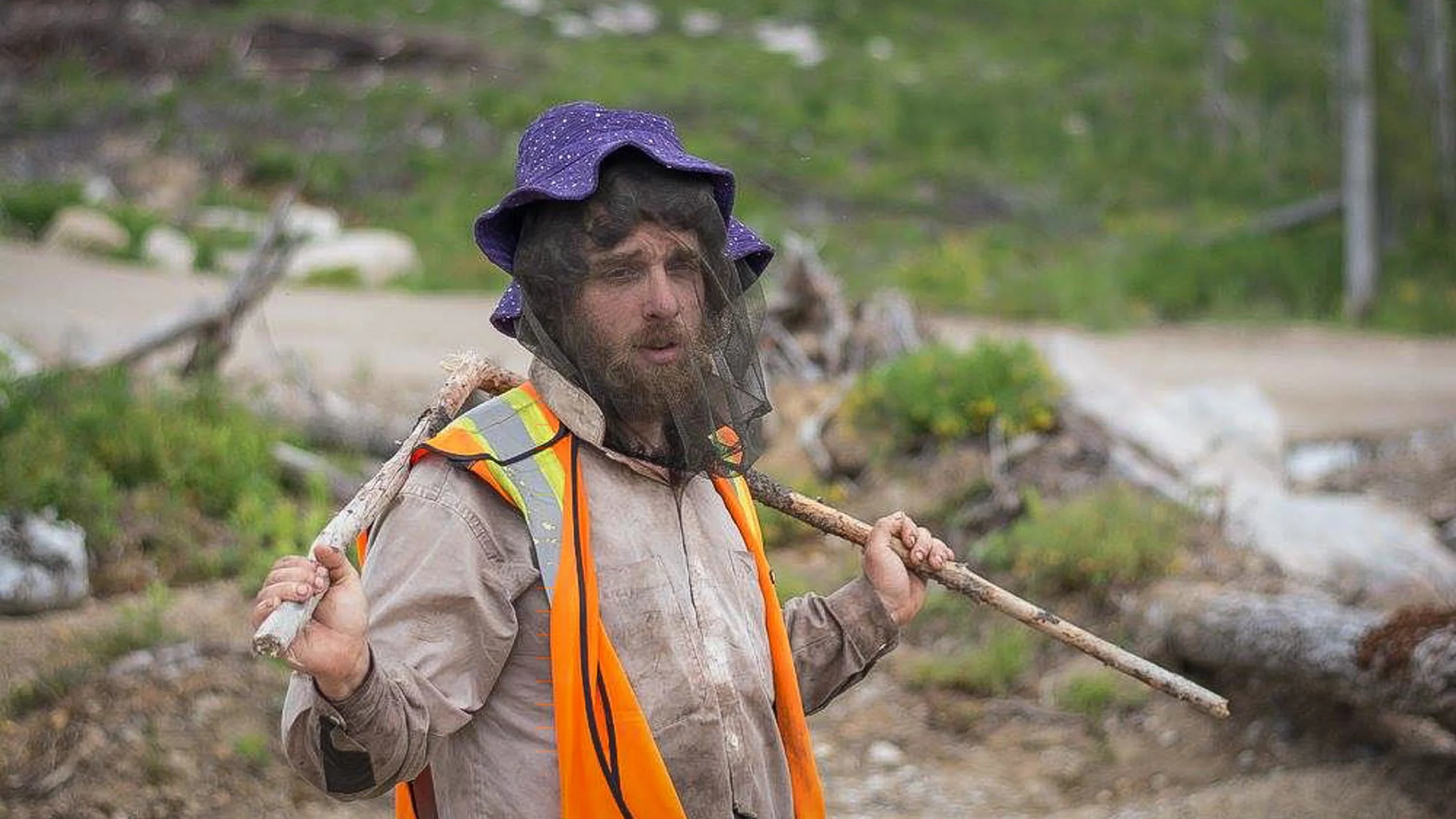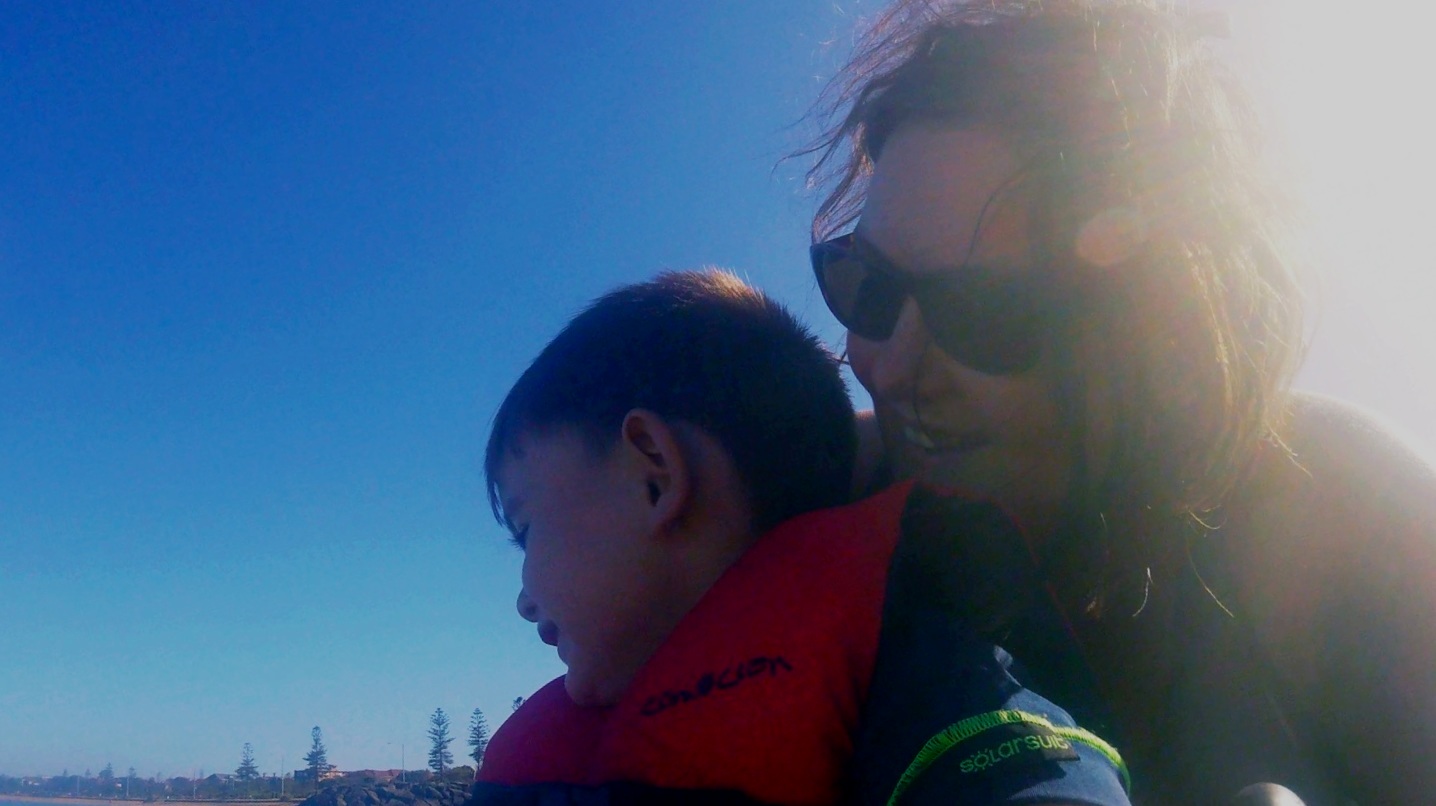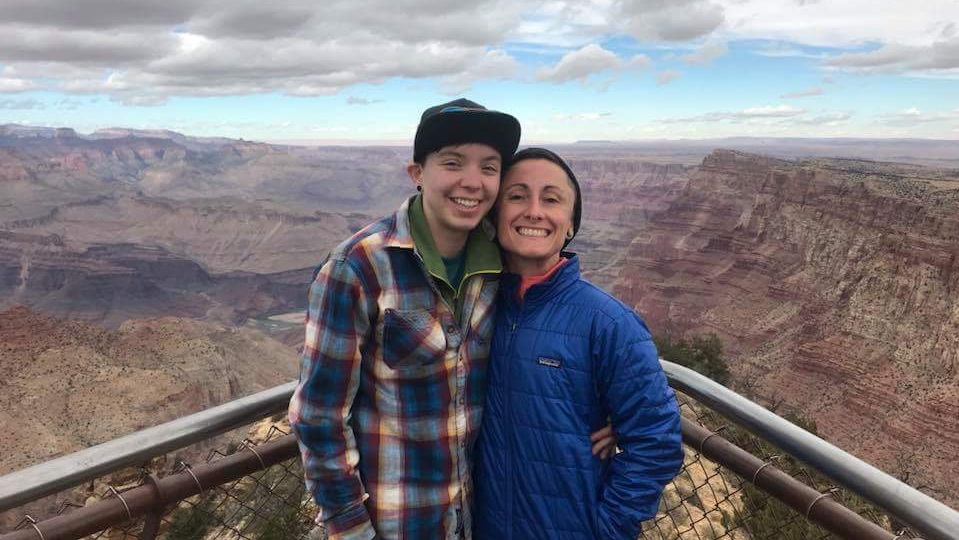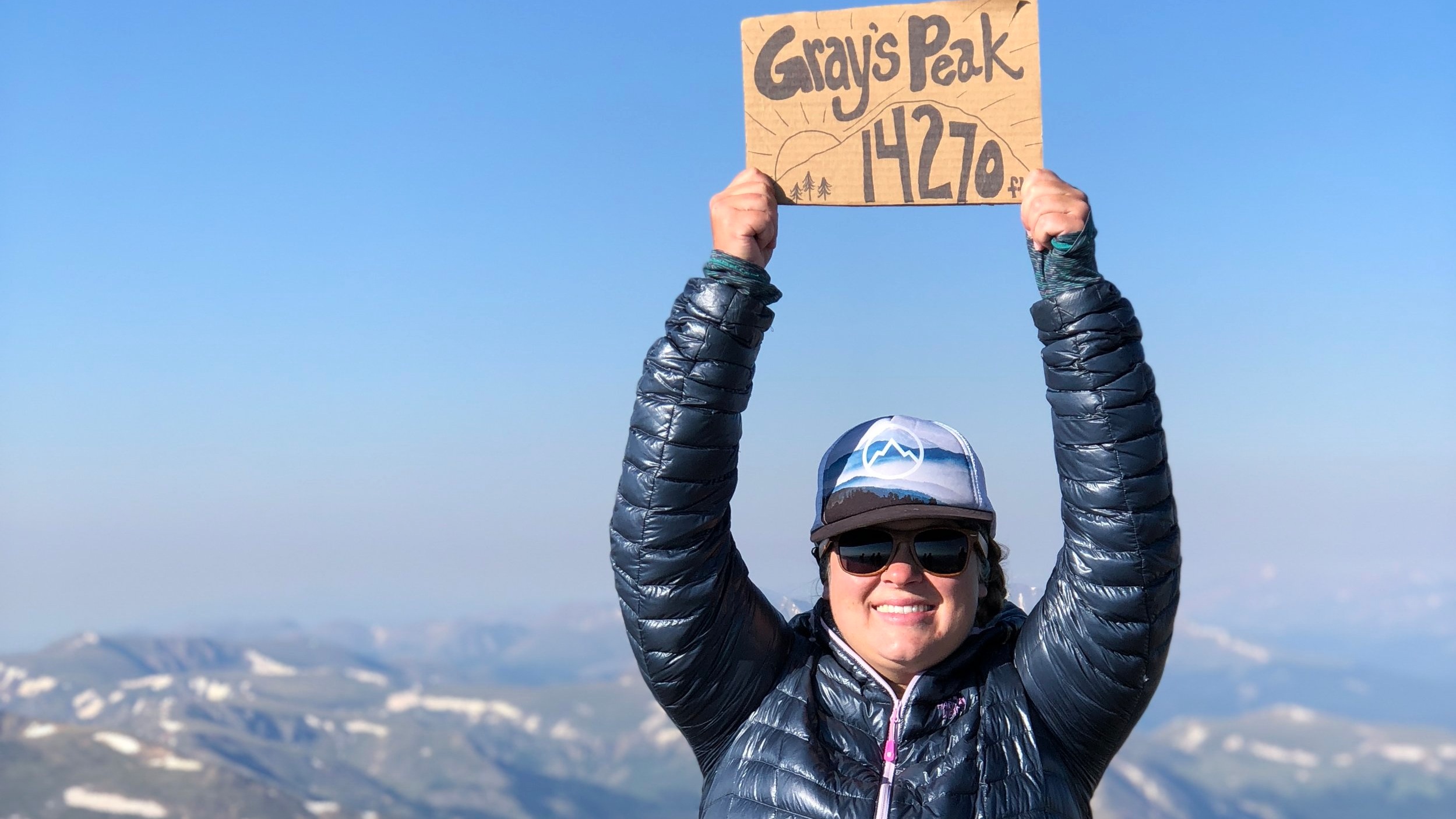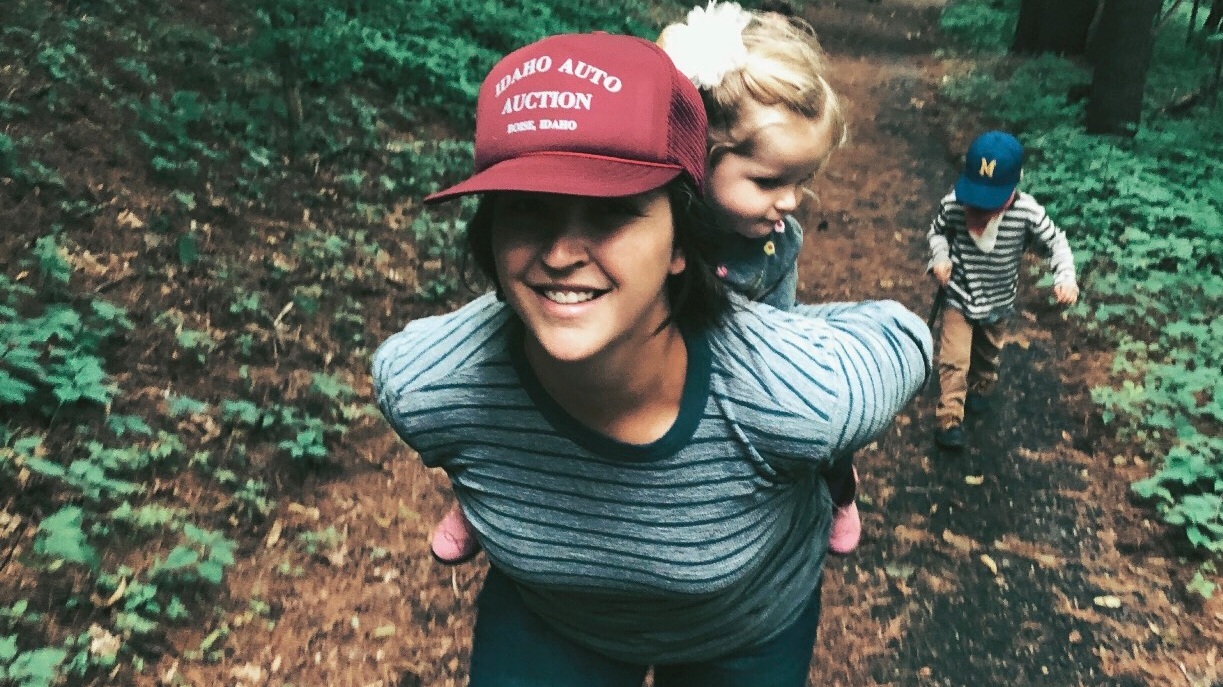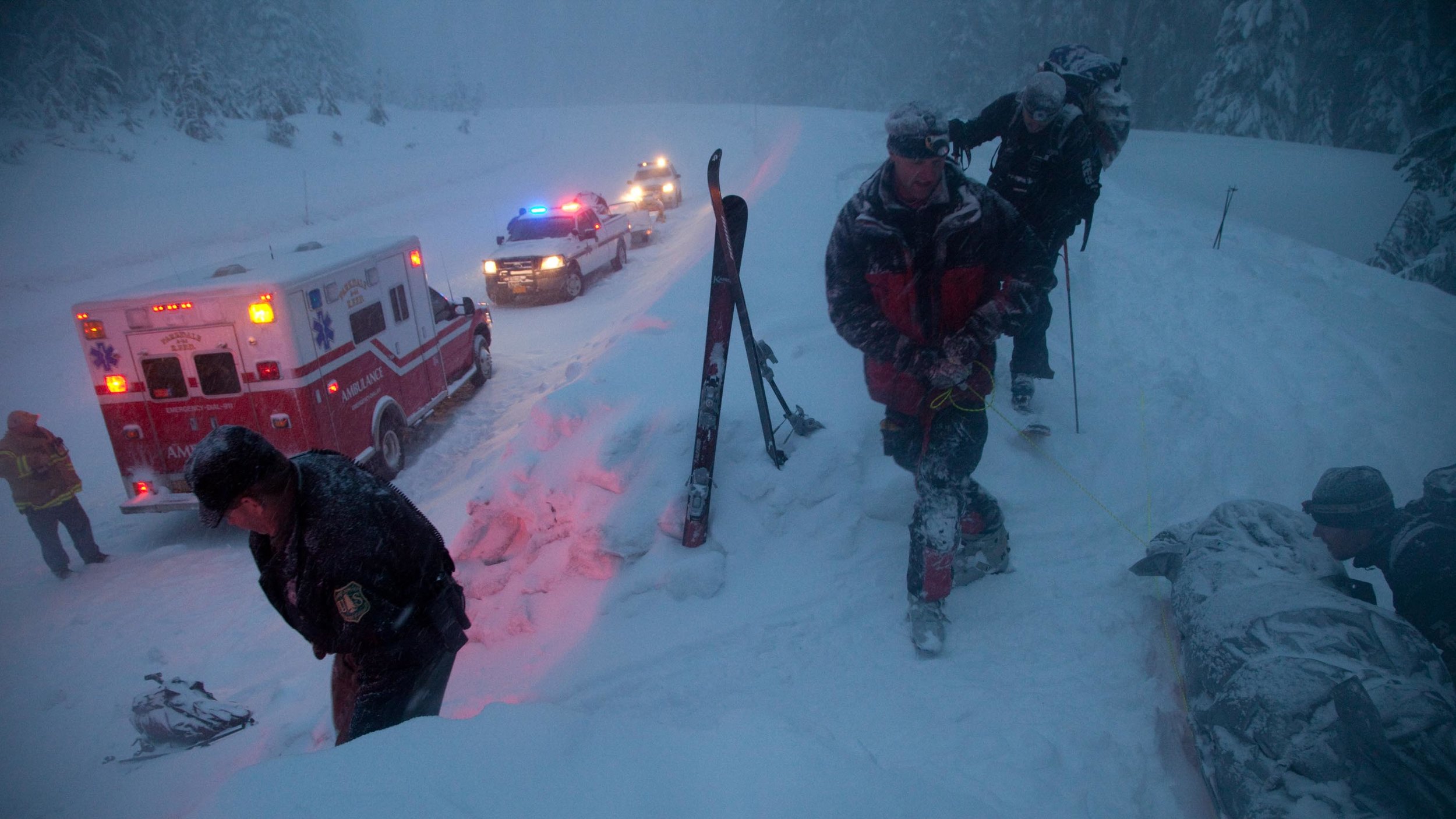In the Long Run
/How much perseverance is too much?
A trail race in Moab, UTah (Photo by the contributor of this story, anonymous)
"In hindsight, there were so many red flags in my marriage. But, in my mind, you don’t quit."
We live in a society that honors persistence. We celebrate people who tough it out and finish what they start.
But how do you know when you've taken it too far? Where is the line between a healthy amount of perseverance, and blind stubbornness?
Today's story is about learning when to drop out — both in a race, and in a relationship.
Support for the episode comes from
Founded over 35 years ago by fishermen who wanted to stay on the water longer, Costa sunglasses are engineered to help people across all pursuits make the most of their time on the water. For those who need water to breathe.
Wild Woman is a monthly subscription box for women who get out, get moving, and get it done. For 15% off your subscription, click here and enter the promo code “OUTTHERE” at checkout.

















